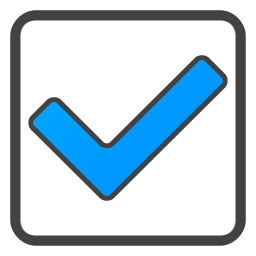224213: Health Information Manager
Skill Level: 1
Assessing Authority: VETASSESS
Visa Options – ANZSCO 224213
| Visa Type | Eligibility | MLTSSL | STSOL | ROL |
|---|---|---|---|---|
| Subclass 189 (Skilled Independent) |  | - | - | - |
| Subclass 190 (Skilled Nominated) |  | - |  | - |
| Subclass 491 (State/Territory nominated) |  | - |  | - |
| Subclass 491 (NOT nominated by State/Territory) |  | - | - | - |
| Subclass 485 (Graduate) |  | - | - | - |
| Subclass 482 (TSS) |  | - |  | - |
| Subclass 186 (ENS) |  | - | - | - |
| Subclass 187 (RSMS) |  | - |  | - |
| Subclass 407 (Training) |  | - |  | - |
State Eligibility Summary Table – ANZSCO 224213
224213: Health Information Manager
Description
Plans, develops, implements and manages health information services, such as patient information systems, and clinical and administrative data, to meet the medical, legal, ethical and administrative requirements of health care delivery.
Skill Level
Occupations at Skill Level 1 have a level of skill commensurate with a bachelor degree or higher qualification. At least five years of relevant experience may substitute for the formal qualification. In some instances relevant experience and/or on-the-job training may be required in addition to the formal qualification.
Specialization
- Clinical Trial Data Manager
- Health Data Administrator
Specialization titles are any commonly used titles which refer to a subset of jobs belonging to the occupation designated in the principal title. These jobs involve the performance of specialised tasks rather than the broader range of tasks usually performed in the occupation.
![]()
Tasks
- Evaluating and preserving records for administrative, historical, legal, evidential and other purposes
- Preparing record-keeping systems, indexes, guides and procedures for archival research and for the retention and destruction of records
- Identifying and classifying specimens and objects, and arranging restoration work
- Examining items and arranging examinations to determine condition and authenticity
- Designing and revising medical record forms
- Managing organisations’ central records systems
- Analysing the record-keeping needs of organisations, and translating these needs into record management systems
- Maintaining computerised and other record management systems and record forms, and advising on their usage
- Controlling access to confidential information, and recommending codes of practice and procedures for accessing records
- Developing record cataloguing, coding and classification systems, and monitoring their use
![]()
Assessing Authority
“Currently there is no known caveats applicable to this occupation”. Refer to Department of Home Affairs website for updated list.
![]()

